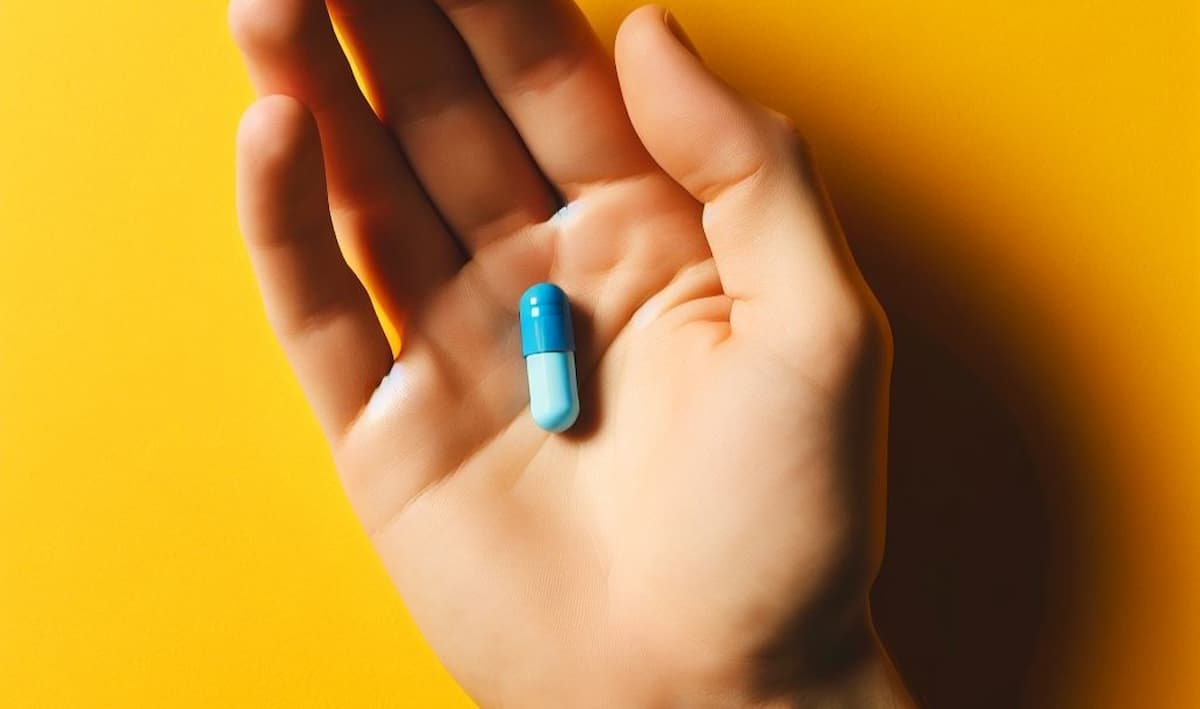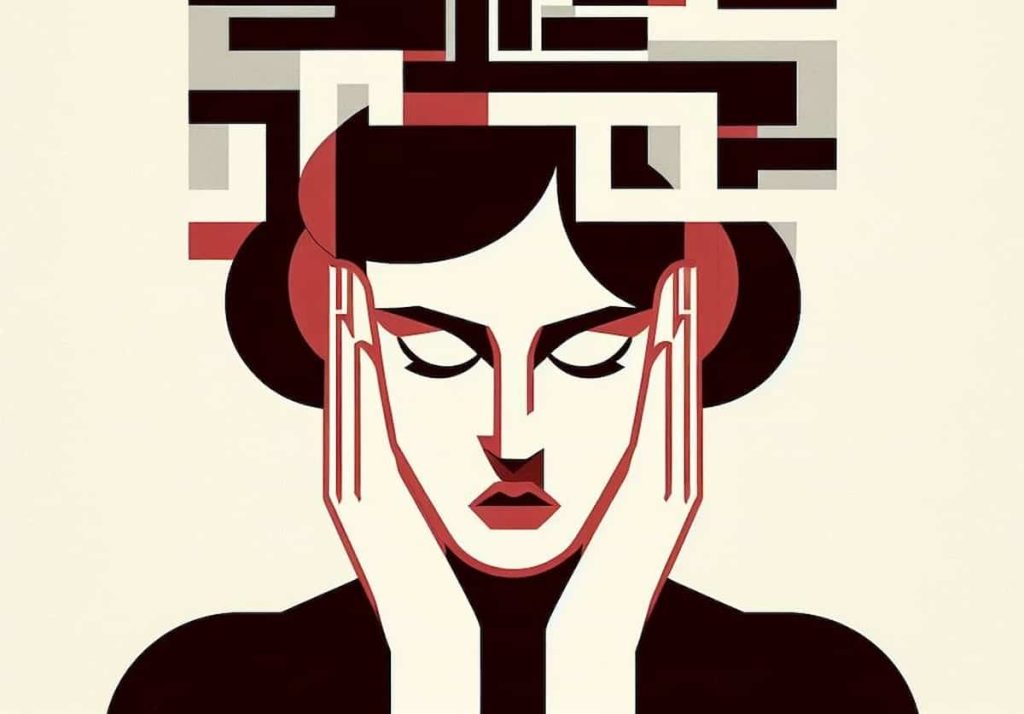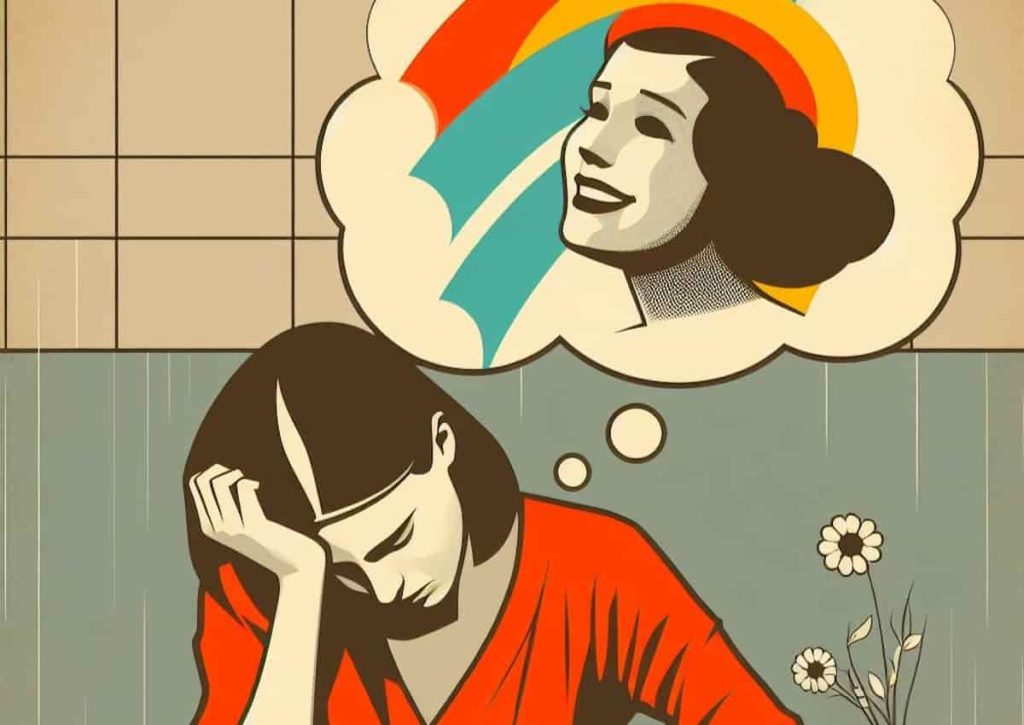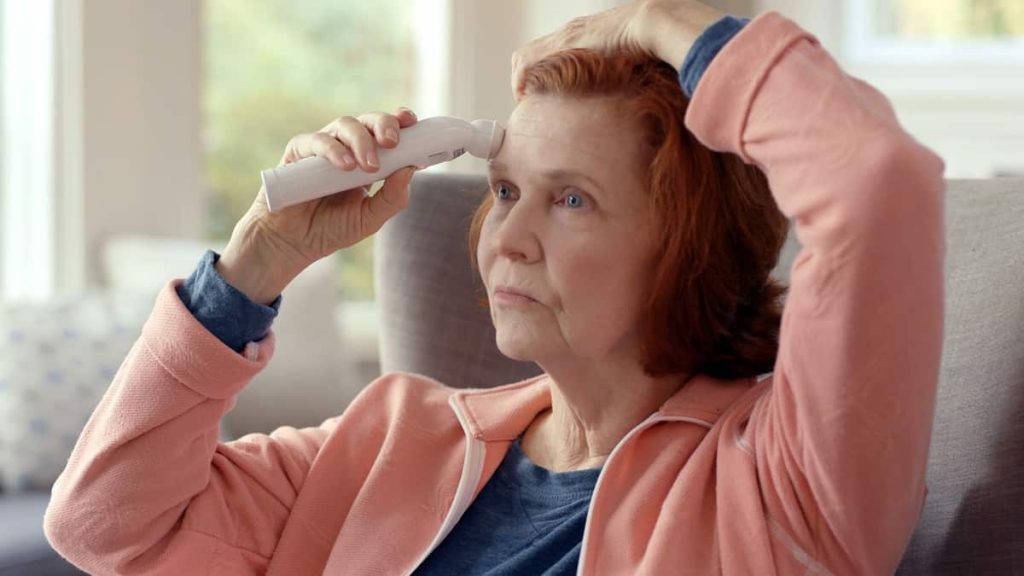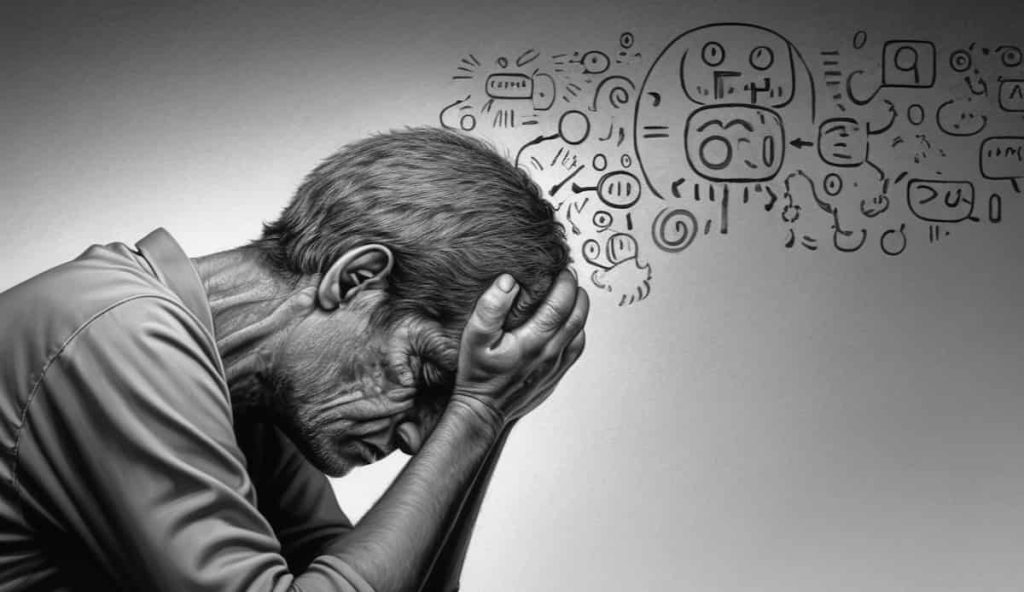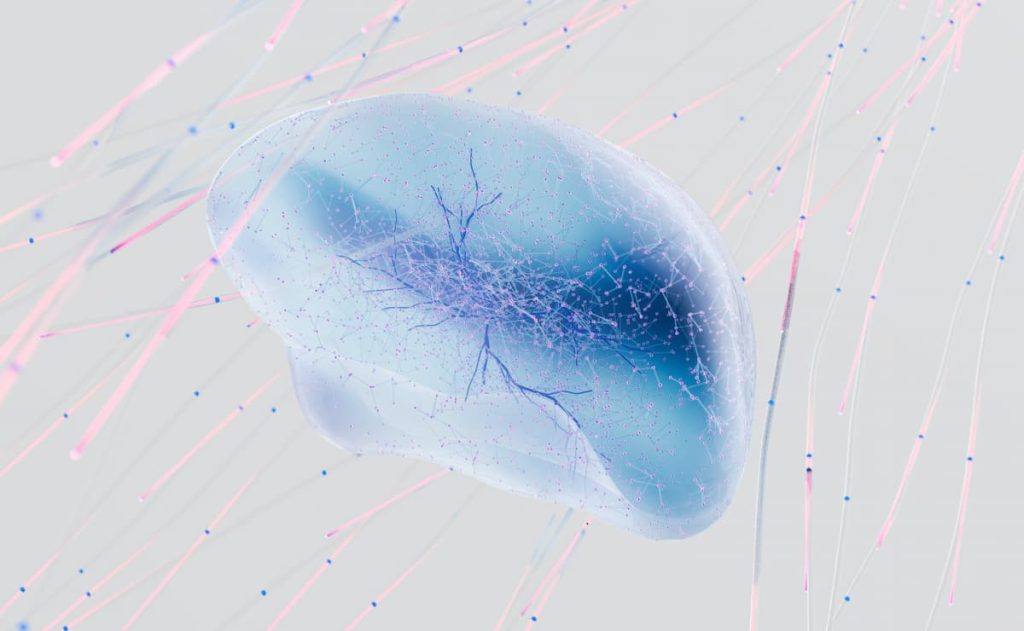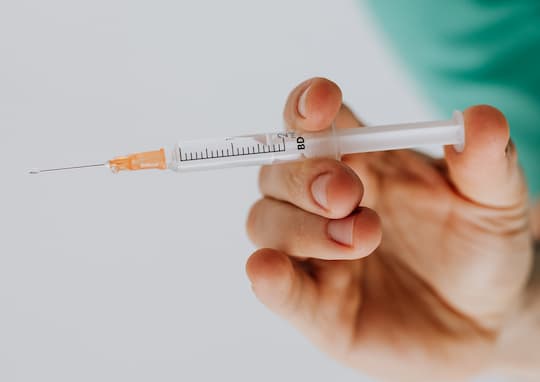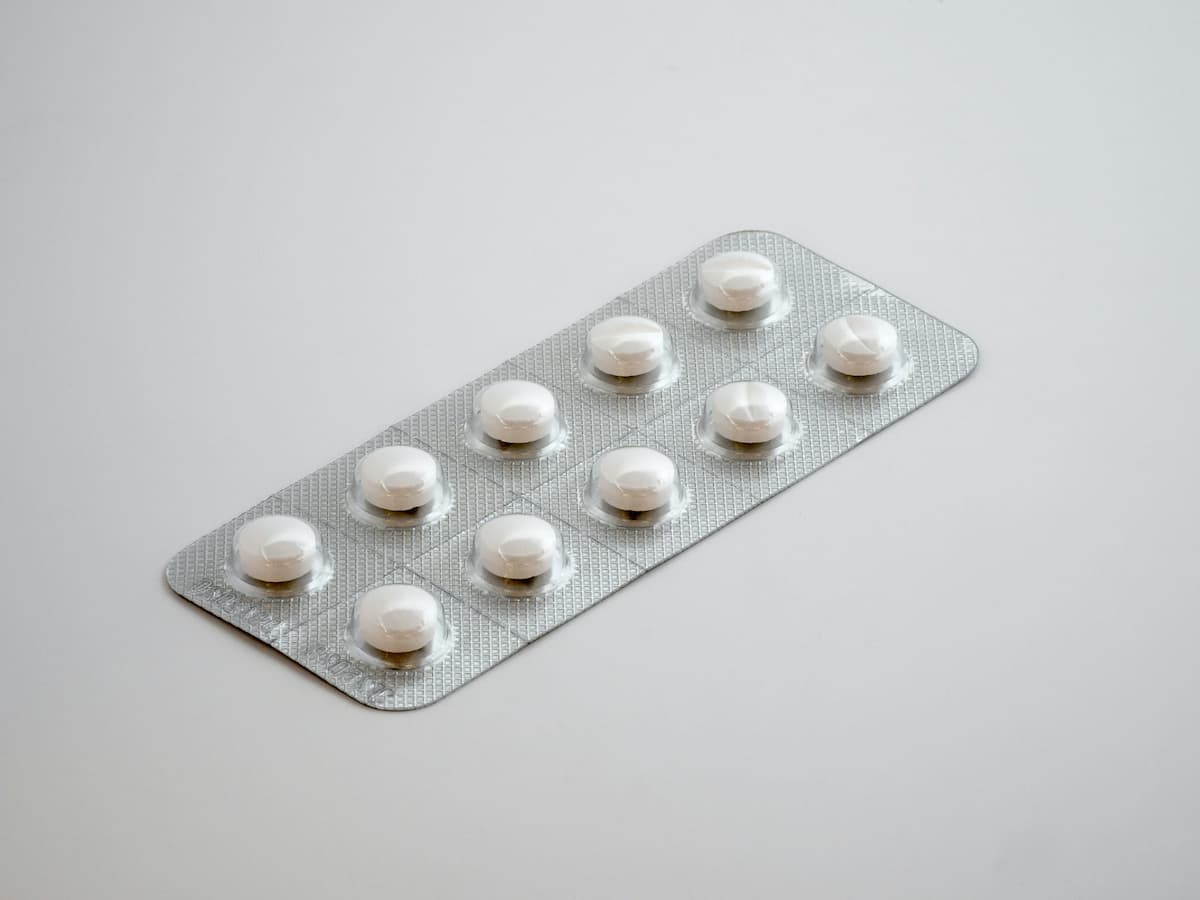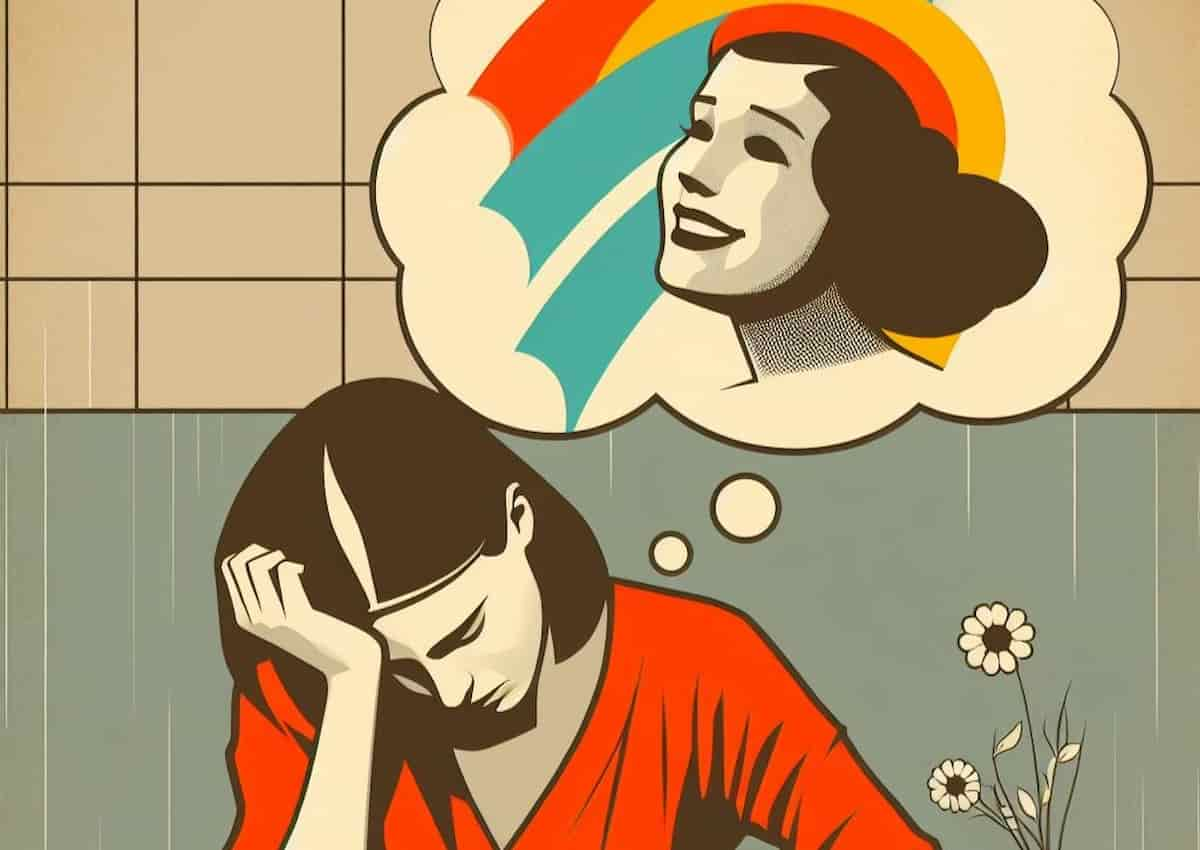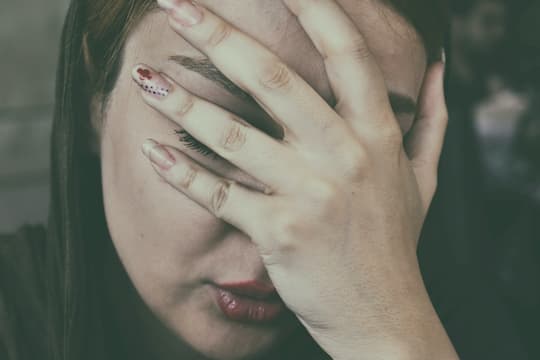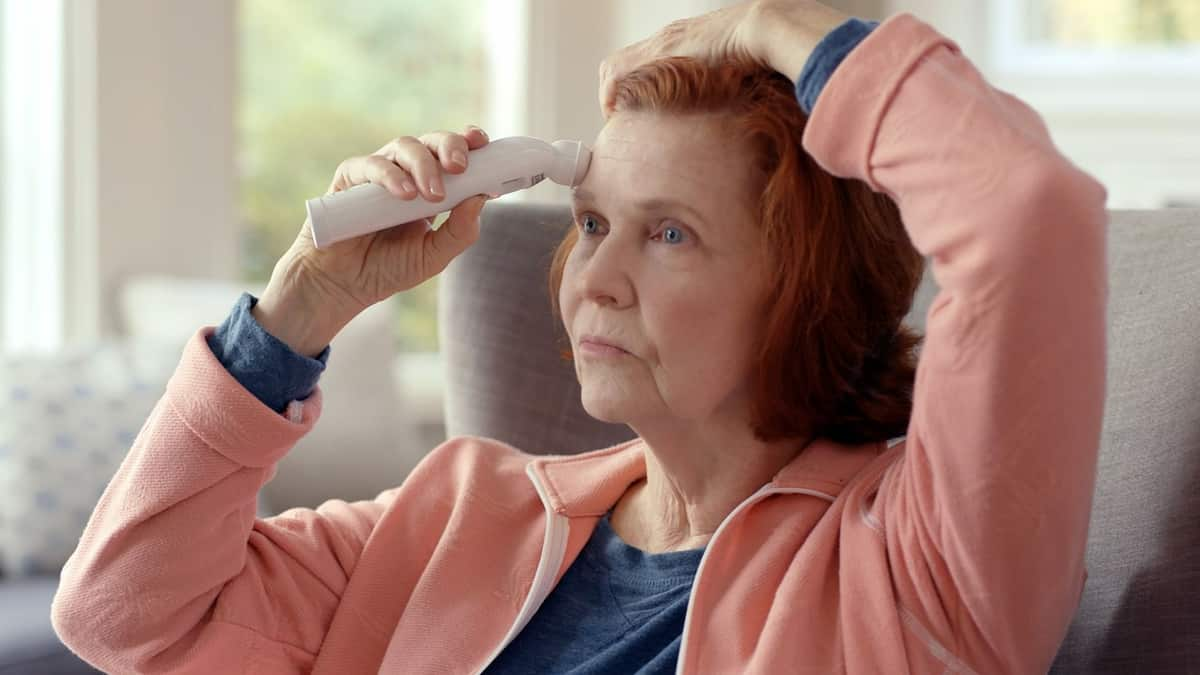Up to 50 percent of young women may be deficient in this vitamin.
Healthy levels of Vitamin D are linked to a 75 percent lower risk of depression, research finds.
The Irish study followed almost 4,000 older adults for four years.
The results showed that those with a vitamin D deficiency had a 75 percent higher risk of depression.
Vitamin D is produced by the body in response to sunlight or can be taken as a supplement.
The link between vitamin D and depression is not confined to older adults.
One recent study found that vitamin D deficiency is linked to depressive symptoms and more negative thoughts in young women.
Dr Eamon Laird, study co-author, said:
“This study shows that vitamin D is associated with a health condition other than bone health.
What is surprising is the large effect on depression even after accounting for other control variables.
This is highly relevant for Ireland as our previous research has shown that one in eight older adults are deficient in the summer and one in four during the winter.
Moreover, only around 8% of older Irish adults report taking a vitamin D supplement.”
Older people typically have low levels of vitamin D in their bodies.
One-in-eight older Irish adults are deficient in vitamin D.
Another study has suggested that 50 percent of young women have insufficient vitamin D levels.
Foods that have high levels of vitamin D include oily fish and eggs, but most people get their vitamin D from the action of sunlight on the skin.
Dr Laird continued:
“Given that vitamin D is safe in the recommended intakes and is relatively cheap, this study adds to the growing evidence on the benefits of vitamin D for health.
It also helps to continue to impress the need on our public health bodies to develop Irish vitamin D recommendations for the general public.
Up to this point, these are severely lacking.”
The study was published in the Journal of the American Medical Directors Association (Briggs et al., 2018).
